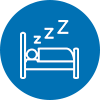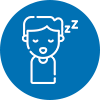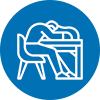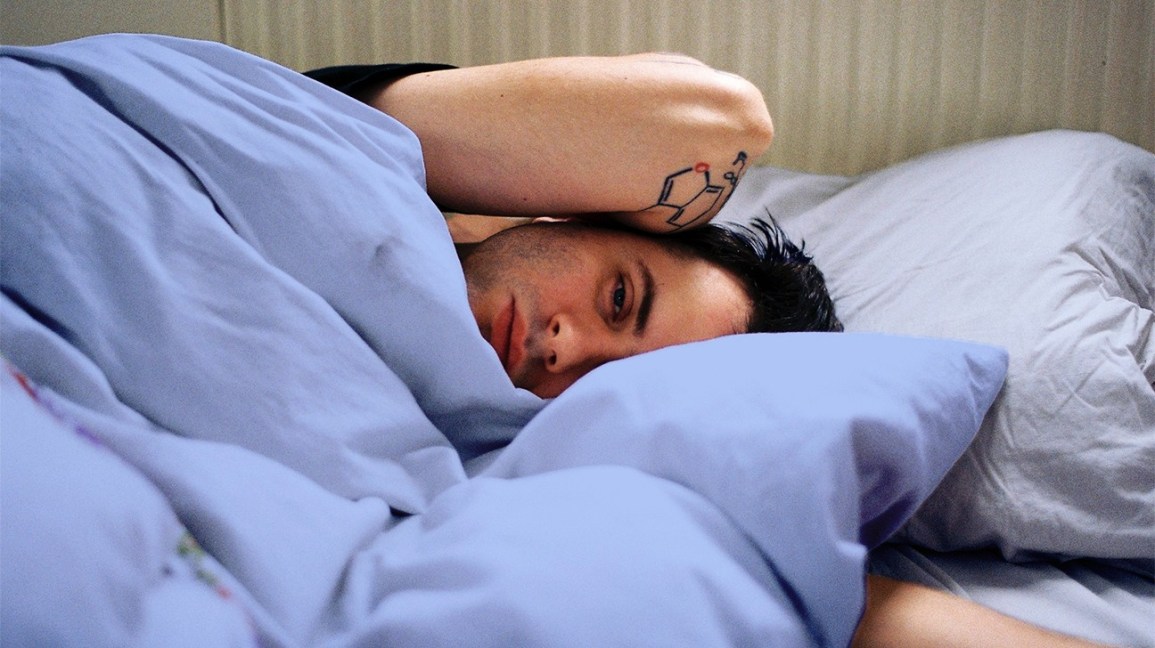What is Sleep Apnea?
Sleep apnea is a common sleep disorder in which there are pauses in breathing or shallow breaths taken whilst asleep. It is often characterized by snoring and daytime sleepiness. It’s a medical condition that requires careful attention and proper treatment. This disorder, which can become life-threatening, involves the frequent collapsing of the breathing passageway during sleep. This collapsing can cause a partial or complete blockage of the airway. If left untreated, obstructive sleep apnea can often lead to high blood pressure, heart failure, heart attack, and stroke.

Types of Sleep Apnea
While many people may be familiar with the most prevalent form of sleep apnea, obstructive sleep apnea, it often goes unrecognized that there are other types of apneas that a person may be suffering from. There are three types of sleep apnea:

Obstructive Sleep Apnea
Obstructive sleep apnea is the most common type of sleep apnea and occurs because of obstruction in the airway preventing sufficient flow of air. Obstructive sleep apnea if left untreated may lead to complications such as hypertension, heart failure, heart rhythm disturbances, atherosclerotic heart disease, pulmonary hypertension, stroke, and diabetes.

Central Sleep Apnea
Central sleep apnea is less common and is seen in people on certain medications or with other medical conditions such as heart or respiratory disease. This type of apnea occurs when the brain temporarily fails to signal the muscles responsible for controlling breathing. Unlike obstructive sleep apnea, which can be thought of as a mechanical problem, central sleep apnea is more of a communication problem.

Mixed Sleep Apnea
This is a combination of both central sleep apnea and obstructive sleep apnea. Mixed sleep apnea starts typically with central apnea episodes for about 10 seconds, followed by obstructive apnea events. A majority of patients with obstructive sleep apnea (OSA) have both obstructive and central apneas. Many people confuse the term complex sleep apnea with mixed apnea, although they are 2 different conditions.

Symptoms of Sleep Apnea
The most common symptoms of COVID-19 are fever, tiredness, and dry cough. Some patients may have aches and pains, nasal congestion, runny nose, sore throat or diarrhea. Another factor is whether the spread is sustained, spreading continually without stopping.
- Persistent snoring
- Breathe holding
- Gasping or choking
- Morning headaches
- Frequent toilets visits
- Exhaustion during the day
- Poor concentration
- Chronic fatigue
- Weight Gain
- Low mood
